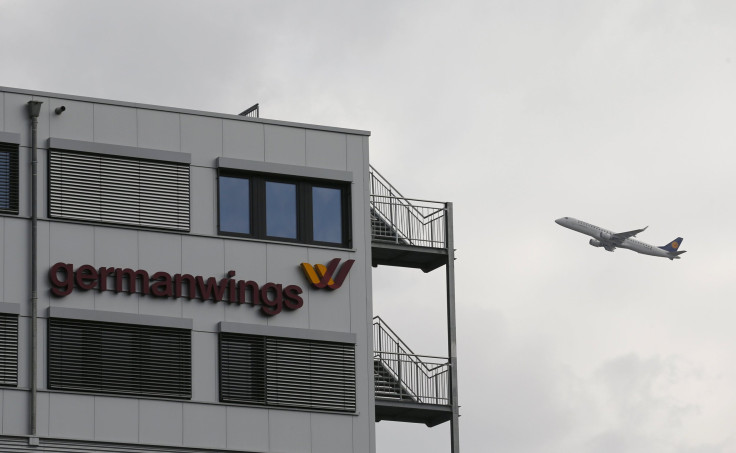Germanwings Crash: More Americans Worried About Rogue Pilot Than Terrorism, Poll Finds

More Americans are worried about a rogue, suicidal pilot than in-flight terrorism, according to a recent Ipsos-Reuters poll, signaling the impact the allegedly intentional downing of Germanwings Flight 9525 by co-pilot Andreas Lubitz has had on Americans' concerns in the air. More than 80 percent of Americans believe airlines, bus companies and train operators should regularly test their pilots', drivers' and engineers' psychological conditions. Lubitz suffered at least one serious depressive episode during his flight training, Germanwings operator Lufthansa said on Tuesday.
About 80 percent of Americans said they were not worried when they flew, but when it came to things they were worried about, just more than half said they feared a mechanical problem with the plane, which was higher than the percentage of those who feared hijacking or pilot error. Still, most respondents pointed to terrorism and terror groups as the most pressing threat to U.S. national security.
Just more than 90 percent of people said that two people should always be in the cockpit of a plane throughout a flight, which is unsurprising after it became clear that Lubitz locked Captain Patrick Sondenheimer out of the cockpit just after reaching cruising altitude on Tuesday, March 25. Lubitz then allegedly reprogrammed the autopilot to fly down into the French Alps, where it crashed, killing all 150 people onboard. Audio and a cell phone video recovered at the crash site confirm that Lubitz was breathing regularly as Sondenheimer demanded he unlock the door and tried to break in with a fire extinguisher and crowbar before the plane impacted a French Alps mountainside.
The U.S. already requires all airlines to keep two people in the cockpit at all times, but Canada, New Zealand and Germany all enacted similar laws after the Germanwings tragedy. The European Union could introduce a similar standard after the European Aviation Safety Agency recommended so. Just over a quarter of Americans said they were more afraid of flying following the Germanwings tragedy, but less than one in 20 said they have since changed their travel plans.
Ipsos-Reuters surveyed 1,665 Americans between March 27 and March 30. Political affiliation, race and income level had little effect on the respondents’ answers. The poll had a margin of error of 2.7 percent. All of the poll data can be found here on Reuter’s interactive polling site.
© Copyright IBTimes 2024. All rights reserved.






















